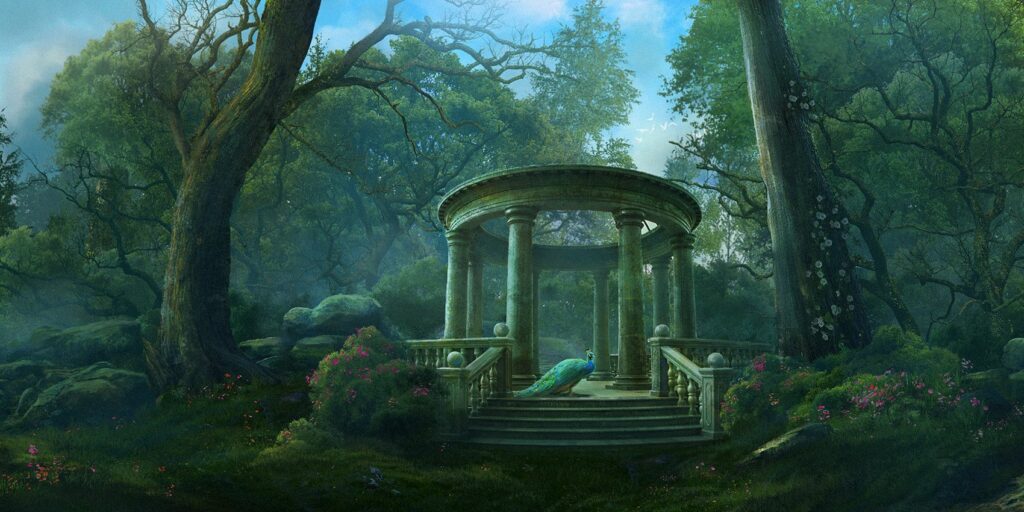A long time ago, I recognized that at the core of what Life is, in the question of “meaning,” are relationships. Relationships with others, sure, but also that with animals, nature, the cosmos, “God”… and the relationship we have with ourself.
Each and all of these can be explored, and they each teach us things, including teaching us a lot about us ourselves. The truth is, we limit our self-understanding in isolation. We learn the most in the context of various relationships, which very much includes those with other people.
So saying, sometimes withdrawal from others is needed to process and heal, but eventually we must re-enter the community to continue the development of self-awareness, self-understanding.
We cannot transform the world without transforming ourselves, and we cannot transform ourselves without knowing ourselves. This can be complicated for several reasons:
- We often create a version of ourself that we want to be, and believe that is who we are.
- We often maintain a version of ourself created by the monsters of our history, and believe that is who we are.
- We change with experience over time, meaning we must constantly be alert—it’s not a one and done, but a continual process.
A significant and omnipresent difficulty regards aspects of ourselves that we feel ashamed about. No one who has lived is all rose gardens and honey. No one. We all have feelings and thoughts, maybe even actions we’ve made, that stimulate shame within us. These we often hide. We hide them from other people, sure, but most people have things that they hide from themselves so well that they can no longer see the existence of what has been locked away. Sometimes this generates pathologies. Sometimes it generates behavioral triggers that are surprising. “Where the hell did that reaction come from?”
But again, to transform the world, we have to transform ourselves, and we can only transform our true self, which requires knowing our true self. This requires cleaning the lens, polishing the mirror, being cautious of conditioning and the observing through filters of belief systems—at least without acknowledging the filters and their coloring.
Krishnamurti wrote that understanding what you are is the beginning of virtue, which gives freedom. This includes the parts you may not like, or the parts that may be labeled one way or another as “bad” or “ugly” or “wrong.” To do this means to both recognize these parts of us and embrace them. This doesn’t mean we don’t need to change them—which brings us to one of the great living contradictions: You are perfect as you are, and could change a few things.
Do we shun or reject the raging forest fire that kills and displaces? Do we shun or reject that life is overall difficult, that children are born into this difficulty which is going to bring anger, frustration, and confusion?
It wouldn’t make sense to do that. So why shun or reject aspects of ourselves? This is life. We are life. We are the forest, and we are the fire.
Unveiling ourself completely involves observing ourselves in the context of relationships. And as we learn about our true self, we can learn how to transform ourself. As we transform ourself, we transform the world around us.
